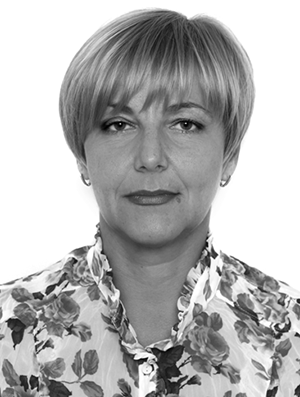Doing sports as a factor of social competency formation in younger teens
Фотографии:
ˑ:
Associate professor, Ph.D. Z.S. Varfolomeeva
Postgraduate student A.P. Mikhaylov
Associate professor, Dr.Hab. S.I. Izaak
Cherepovets State University, Cherepovets
The purpose of the research was to assess the impact of the educational space of a children’s and youth sport school on the formation of social competency of younger teenagers. The article contains some theoretical background of the study of the problem and the results of an empirical research.
In the context of the modernization of additional education of children Children’s and Youth Sport Schools are designed to not only improve young athletes’ health, but also to promote their socialization. To make the socialization of children and adolescents more effective the content of education, educational technologies, interpersonal relationships and interactions in Children’s and Youth Sport Schools should best meet the sports culture. Though the excessive focus on the institution of sport prevent the sports school from full solving of educational tasks in practice, the educational environment of Children’s and Youth Sport Schools can contribute to the formation of the social competency of an individual. 40 hockey players aged 11 years were involved in the study. The social competency of younger teenagers was assessed using the technique of «The Social Competence Scale» (A.M. Prikhozhan).
The study has showed that the overall social competency of junior hockey players corresponds to the age norm. However, the results of the evaluation of independence, attitude to one’s duties and especially good organization and voluntariness were higher than the results of the evaluation of self-confidence, communication and interest in social life. Consequently, the educational environment of Children’s and Youth Sport Schools has an ambiguous effect on the formation of social competency of younger teenagers. Additional measures are needed to develop in young athletes social activity, communicativeness and self-confidence.
Keywords: Children’s and Youth Sport School, educational space, socialization, social competency, younger teens.
References
- Apciauri, L.Sh. Sport kak sotsial’noe yavlenie i faktor sotsializatsii lichnosti (Sport as a social phenomenon and factor of socialization of individua;) // Teoriya i praktika fiz. kul’tury. – 2003. – № 1. – P.12–14.
- Bekker, I.L., Zhuravchik, V.N. Obrazovatel’noe prostranstvo kak sotsial’naya i pedagogicheskaya kategoriya (Educational space as social and pedagogical category) / I.L. Bekker, V.N. Zhuravchik // Izvestiya Penzenskogo gosudarstvennogo pedagogicheskogo universiteta im. V.G. Belinskogo. Obshchestvennye nauki. – 2009. – № 12 (№ 16). – P. 132–140.
- Kozlova, V.S. Pravovye realii sportivnogo rezerva: retrospektiva i sovremennost’ (Legal realities of sports reserve: Past and Present) / V.S. Kozlova // Fizicheskaya kul’tura: vospitanie, obrazovanie, trenirovka. – 2005. – № 3. – P. 15–17.
- Kontseptsiya razvitiya dopolnitel’nogo obrazovaniya detey (Concept of development of additional education of children [Electronic resource]). Available at: http://www.rg.ru/2014/09/08/obrazovanie-site-dok.html
- Parshikov, A.T. Sportivnaya shkola kak sotsial’no-pedagogicheskaya sistema: sotsial’noe proektirovanie: monografiya (Sports school as sociopedagogical system: social project planning: monograph) / A.T. Parshikov. – Moscow: Sovetskiy sport, 2003. – 352 P.



 Журнал "THEORY AND PRACTICE
Журнал "THEORY AND PRACTICE